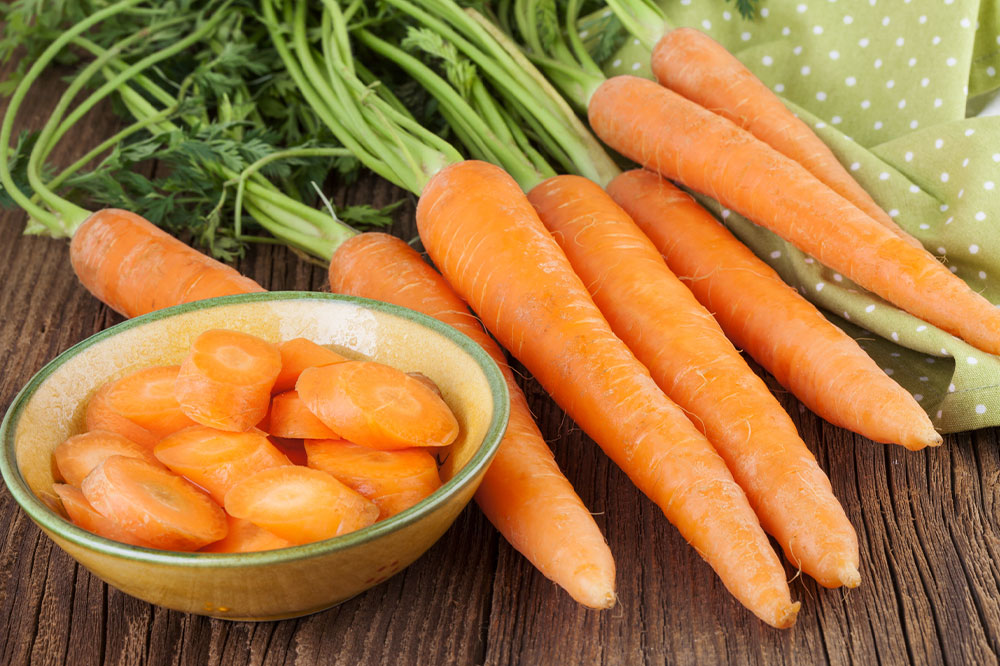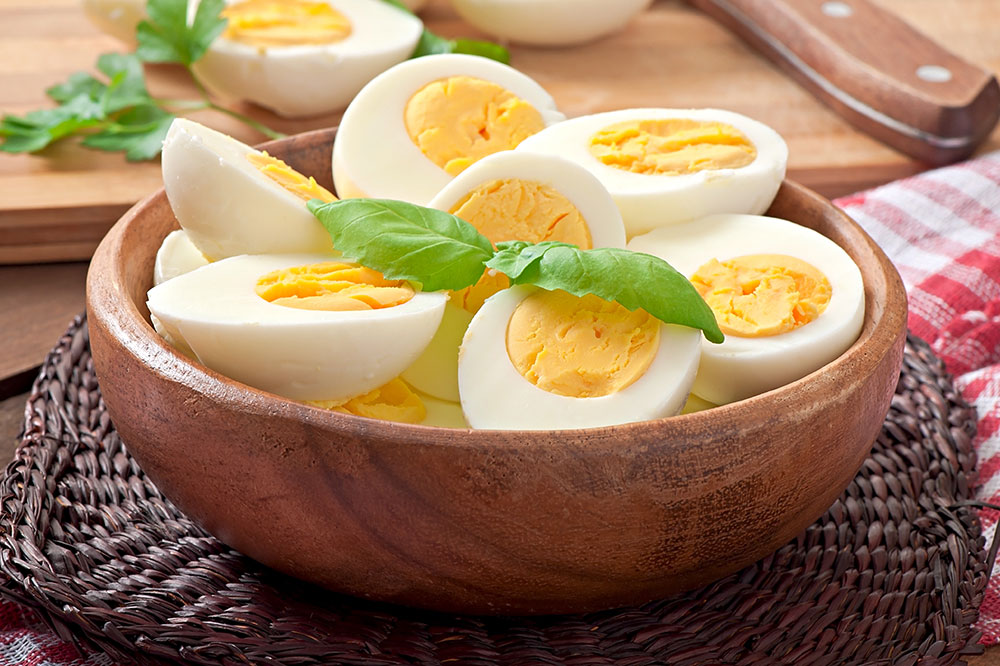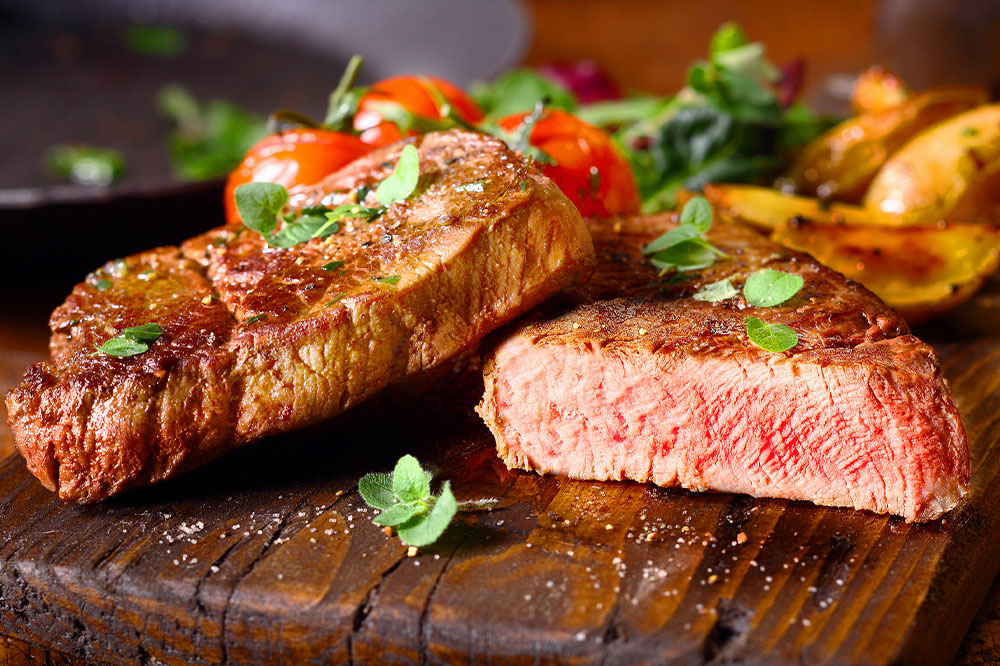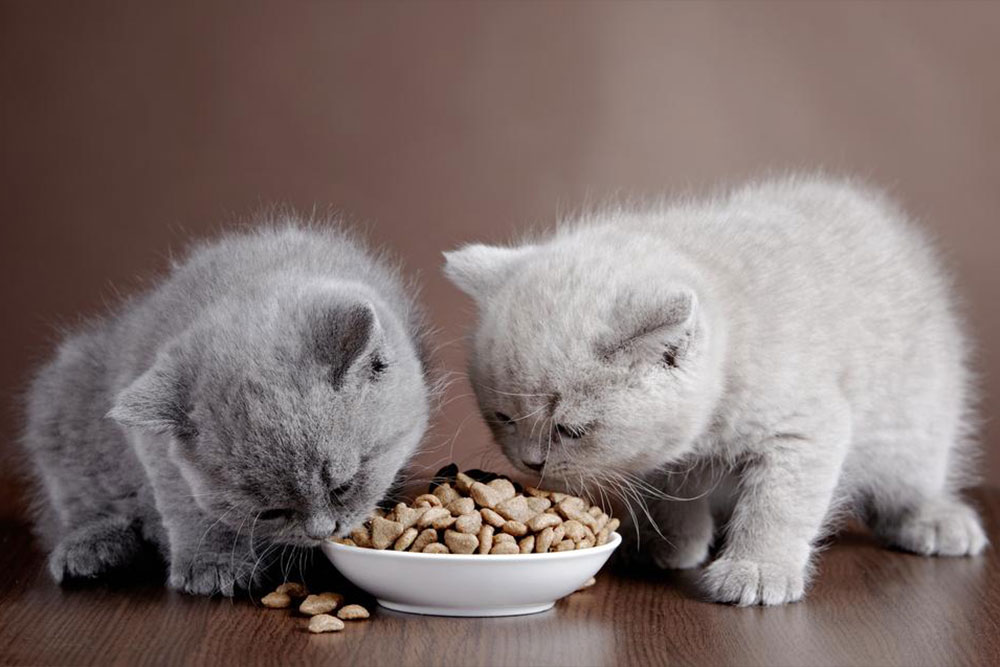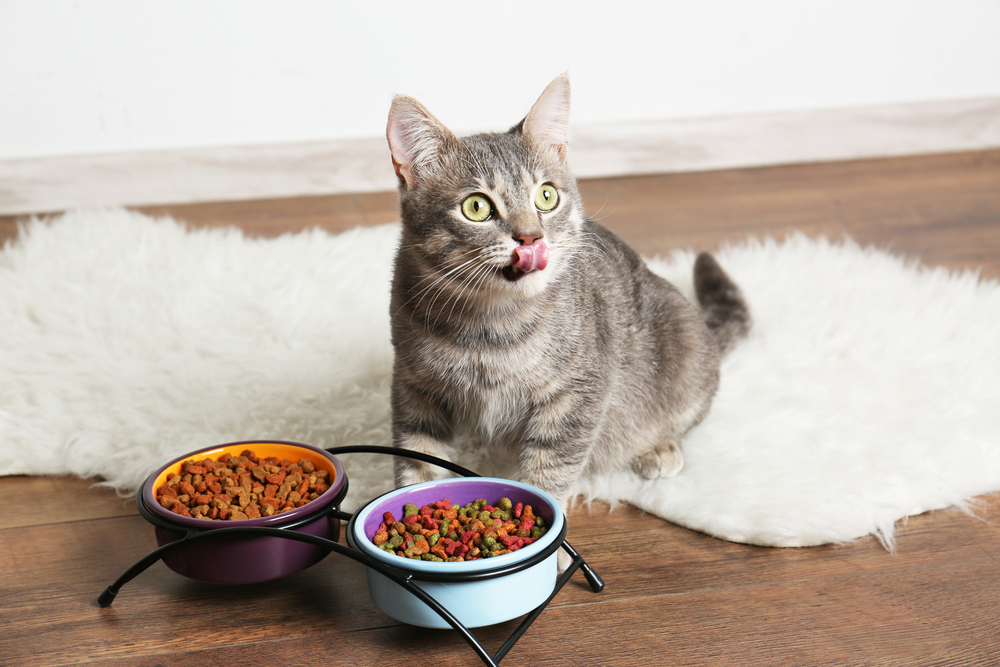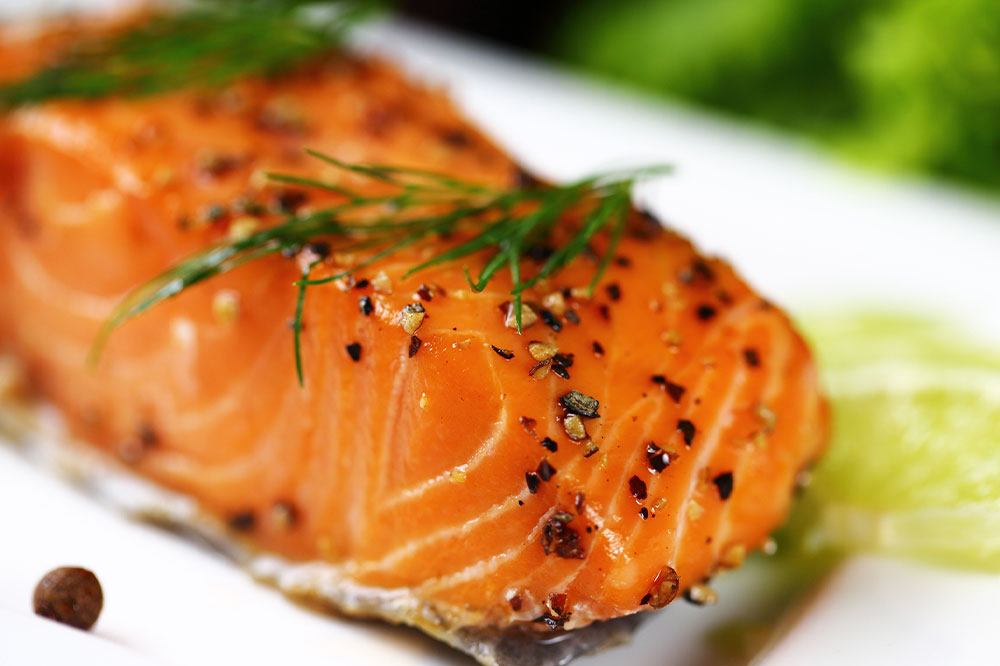Healthy Human Snacks That Are Safe for Cats to Enjoy
Discover a comprehensive guide to safe human foods that your cat can enjoy as treats. Learn which foods offer nutritional benefits and how to serve them properly, including fish, grains, eggs, and vegetables. Prioritize your feline’s health with expert tips on moderation and safety to ensure your cat's diet remains balanced and nutritious. This article helps pet owners make informed choices about sharing their meals, fostering a healthier and happier bond with their beloved feline companions.
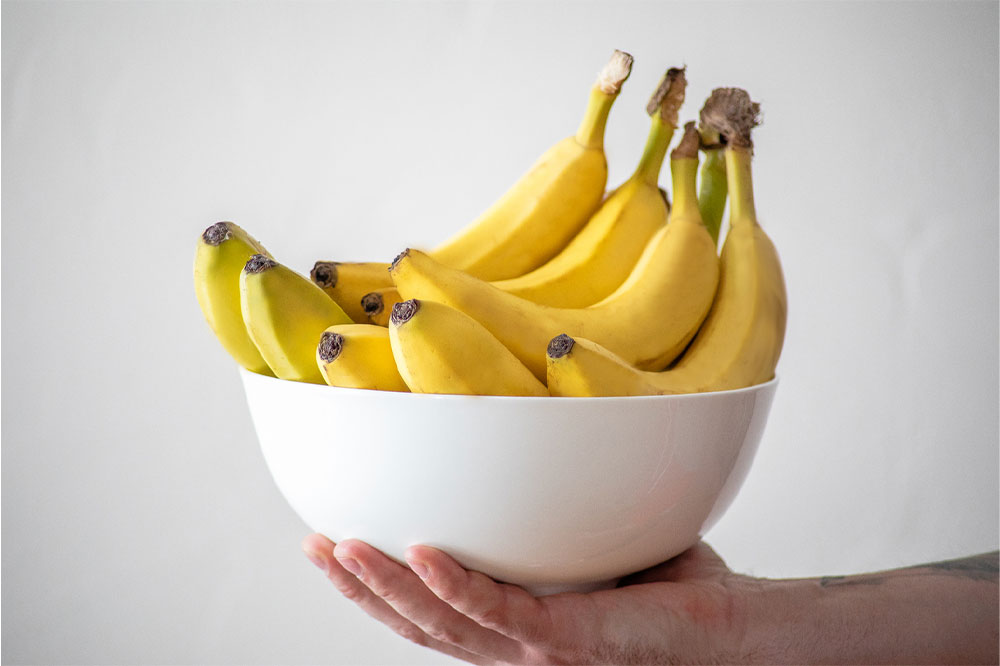
Healthy Human Snacks That Are Safe for Cats to Enjoy
If you're a dedicated cat owner who sometimes shares your meals, understanding which human foods are safe for your feline friend is essential for their health and safety. Cats are naturally curious creatures with exploring appetites, but not every human food is suitable or safe for their delicate digestive systems. Providing your kitty with safe human snacks can be a delightful way to bond and treat them without risking their wellbeing. In this comprehensive guide, we’ll explore various human foods that cats can safely enjoy when fed in moderation, along with important tips to ensure their health remains optimal.
Why Choosing the Right Human Foods Matters
While the idea of sharing your food with your cat might seem harmless and even sweet, it’s crucial to differentiate between safe and potentially harmful foods. Certain human foods contain ingredients or substances that can cause poisoning, allergies, or digestive issues in cats. For instance, foods like onions, garlic, chocolate, caffeine, and alcohol are highly toxic to cats and should be strictly avoided. Conversely, some foods are not only safe but can also be beneficial, providing essential nutrients that support their overall health.
Top human foods that are safe for cats
1. Salmon and Other Fish
One of the most loved and recommended human foods for cats is fish, especially oily varieties like salmon, tuna, and mackerel. These fish are rich sources of omega-3 fatty acids, which play a vital role in maintaining healthy skin, shiny coat, and good vision. Fish also provides essential proteins and nutrients that support immune function and joint health.
However, it's paramount to serve cooked fish without bones. Raw fish can carry parasites or bacteria that could harm your cat. Additionally, avoid canned fish that’s packed in oil or contains added salt or preservatives. Instead, opt for plain, cooked fish served in small, manageable portions.
Tips for serving fish to your cat:
Cook thoroughly without seasoning, salt, or oil.
Remove all bones to prevent choking or injury.
Serve in moderation as an occasional treat, not a primary diet.
Remember, while fish is nutritious, overfeeding can lead to nutrient imbalances, so moderation is key.
2. Whole Grains
Though cats are obligate carnivores, small amounts of certain grains can be beneficial, especially if your cat isn’t eating enough meat or fish. Whole grains such as oats, brown rice, millet, couscous, and wheat berries offer fiber and proteins that support digestion and provide alternative sources of energy.
Properly cooked grains are easy for cats to digest and can serve as a healthy snack or supplement. Always serve grains plain, without added spices, butter, or salt.
Benefits of whole grains include:
Fiber content aiding digestion and preventing constipation
Complex carbohydrates providing sustained energy
Essential nutrients like B vitamins and minerals
Incorporate small portions into your cat’s diet, and observe how they respond. Not all cats may be interested in grains, so introduce gradually.
3. Boiled Eggs
Eggs are a fantastic source of high-quality protein, B vitamins, and amino acids that promote a shiny coat, healthy skin, and strong muscles. Boiled eggs are easy to prepare and serve as a nutritious snack for your feline friend.
Ensure eggs are thoroughly cooked to eliminate potential bacteria like salmonella. Serve in small pieces and monitor for any signs of allergies or adverse reactions, such as gastrointestinal upset or skin irritation.
Tips for offering eggs to cats:
Boil eggs until fully cooked; avoid raw or undercooked eggs.
Serve in small portions; a few bites are sufficient.
Watch for allergic reactions or intolerance.
Feeding eggs occasionally can enhance your cat’s diet, but they should not replace balanced, protein-rich foods formulated for cats.
Incorporating Fruits and Vegetables
While cats are primarily carnivores, some can enjoy certain fresh vegetables and fruits as treats. Offering small portions of healthy produce can supplement their diet with additional vitamins and antioxidants.
Examples of safe options include:
Cucumber
Cantaloupe
Steamed broccoli
Baked carrots
Green beans
Not all cats will be interested in these foods, as taste preferences vary. Always introduce new foods gradually and in small amounts to monitor your cat’s response and avoid digestive upset.
Additionally, many reputable commercial cat treats from brands like Royal Canin, Blue Buffalo, Wellness, Purina, and Merrick provide nutritionally balanced options. These treats are readily available at pet stores such as Chewy, PetSmart, and Petco, making it easy to provide your cat with safe, healthy snacks.
Important Precautions When Offering Human Foods to Cats
Despite the list of safe human foods, it’s essential to remember that not all foods are suitable for cats, and moderation is key. Always consult with your veterinarian before introducing new foods into your pet’s diet, especially if your cat has underlying health conditions.
Some general guidelines include:
Introduce new foods gradually and in small quantities.
Never serve foods cooked with harmful ingredients like onions, garlic, or spices.
Avoid giving your cat raw meat, unpasteurized dairy, or foods containing artificial sweeteners or preservatives.
Monitor your cat’s reaction to new foods and discontinue if any adverse symptoms appear.
Feeding your cat human foods can be a delightful supplement but should never replace a complete, balanced commercial feline diet designed to meet all their nutritional needs.
Conclusion
Sharing your meals with your cat can be a rewarding experience, provided you choose the right foods. Foods like cooked salmon, wholesome grains, boiled eggs, and certain vegetables offer safe and nutritious options to treat your feline to the flavors of human food. Always prioritize moderation and consult with your veterinarian when introducing new snacks. Remember, your cat’s health and safety come first, and a balanced diet tailored for cats remains the best foundation for their wellbeing.
By understanding what foods are safe and beneficial, you can spoil your kitty with healthy treats while ensuring they stay happy, healthy, and well-nourished. Celebrate your bond and treat your furry friend to safe snacks that support their health and happiness each day!
